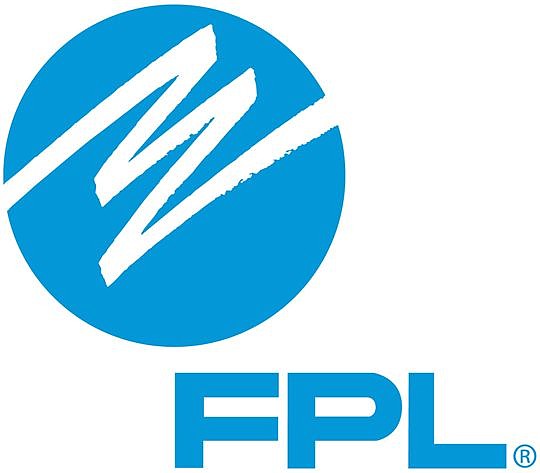
A potential fight at the state Supreme Court about Florida Power & Light’s proposal to build two nuclear reactors in Miami-Dade County focuses on whether the utility could be required to bury dozens of miles of transmission lines underground, according to an initial brief.
FPL wants the Supreme Court to take up a case stemming from a 2014 decision by Gov. Rick Scott and the Florida Cabinet to approve the nuclear project.
The 3rd District Court of Appeal this year overturned the decision by Scott and Cabinet members, who review power-plant projects while serving as the state’s “siting board.”
The appeals court sided with challengers including Miami-Dade County, the city of Miami, the city of South Miami and the Village of Pinecrest.
A key part of the ruling said Scott and Cabinet members erroneously determined they could not require underground transmission lines as a condition of the project approval.
But in a 19-page initial brief filed this week with the Supreme Court, attorneys for FPL targeted that part of the appeals court ruling and said the state Public Service Commission — not Scott and the Cabinet — has authority over issues related to installing transmission lines underground.
“This case directly affects FPL’s ability to install miles of transmission lines needed to supply electricity to millions of South Florida consumers,” the brief said. “The (appeals court) opinion also alters the balance of power between the state’s highest elected officials, sitting as the Siting Board, and the PSC.”
The initial brief is a first step in asking the Supreme Court to take up the case and it could be weeks or months before justices decide whether to hear the dispute.
But a three-judge panel of the 3rd District Court of Appeal pointed to a state law known as the Florida Electrical Power Plant Siting Act in rejecting FPL’s arguments about underground transmission lines.
“The general grant of power in the PPSA (the Florida Electrical Power Plant Siting Act) to ‘impose conditions’ upon certification, other than those listed in the PPSA, gave the Siting Board the power to impose the condition of requiring that the power lines be installed underground, at FPL’s expense,” the April 20 opinion said.
“Undergrounding of the transmission lines is a condition upon certification encompassed by the Siting Board’s ability to impose ‘site specific criteria, standards, or limitations’ on FPL’s project,” the opinion continued. “As such, the Siting Board had the power to require it, contrary to the Siting Board’s conclusion that it had no such power.”
FPL in recent years has sought state and federal approvals for the potential project to add two nuclear reactors at the utility’s Turkey Point complex in Miami-Dade.
Such projects rely heavily on adequate transmission lines, with FPL saying in the brief that its project would require 89 miles of such lines.
In the brief, FPL attorneys argued that the 3rd District Court of Appeal opinion conflicted with a 1991 Supreme Court decision in a Seminole County case that involved an attempt to require Florida Power Corp. to install underground lines.
The 3rd District Court of Appeal rejected that argument in the April opinion.